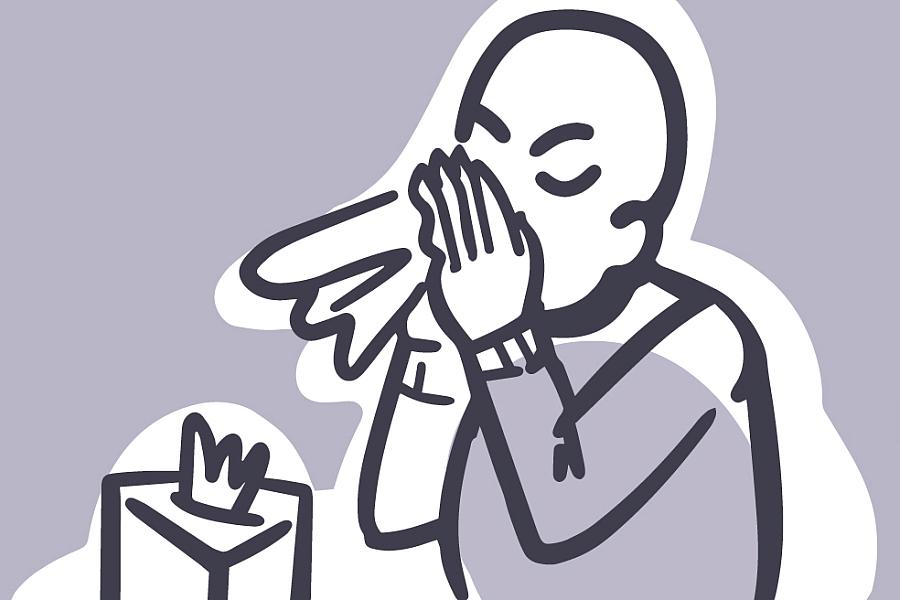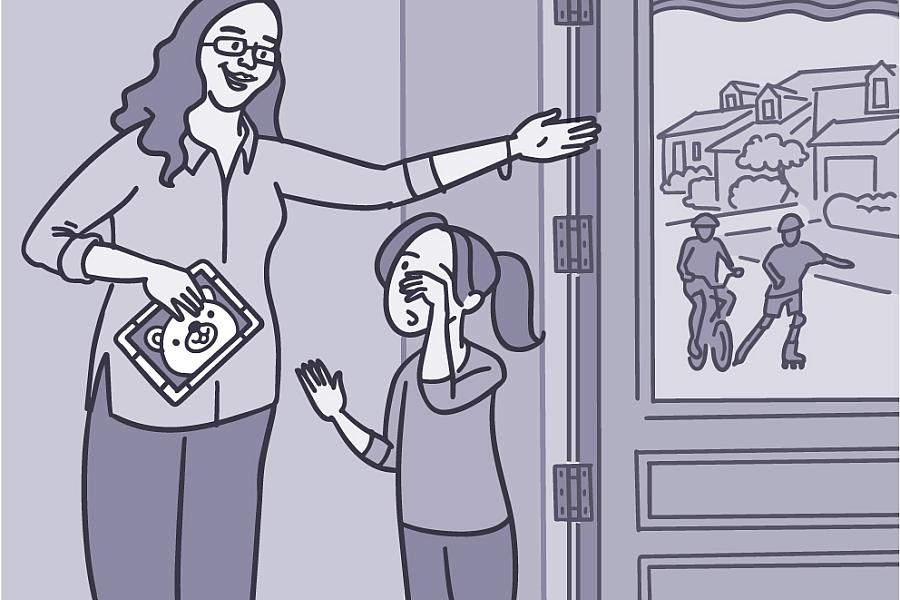Health Capsule
Checking the Symptom Checkers
When something’s ailing you, do you turn to the Internet or an app on your phone to help figure out what’s wrong? Free symptom checking programs usually don’t give the correct diagnosis first, a study found, and their advice on when to seek help usually errs on the side of caution.
Symptom checking programs ask a series of questions about symptoms. They analyze the responses and then give a possible diagnosis. Some also offer triage advice about whether to seek medical care and, if so, how quickly and at what kind of facility. For people with a life-threatening problem, such as stroke or heart attack, symptom checkers could save lives. For those with a problem that doesn’t require a medical visit, they can save trouble and costs.
The helpfulness of symptom checkers depends on their accuracy. To evaluate the performance of these programs, an NIH-funded research team searched for free symptom checkers online, in the Apple app store, and on Google Play. Many symptom checkers worked in similar ways. The scientists chose a set of 23 programs for analysis.
The symptom checkers were tested by seeing how well they could assess 45 standardized patient descriptions. The team found that the checkers listed the correct diagnosis as the first option in only 34% of cases. The correct diagnosis was within the top 20 possible diagnoses 58% of the time.
The checkers provided helpful triage advice in 57% of the cases. Triage performance was most accurate in emergencies, with appropriate advice given in 80% of cases. Some symptom checkers provided more accurate advice than others.
Overall, the checkers tended to be cautious, encouraging users to seek health care when self care would do.
“These tools may be useful in patients who are trying to decide whether they should get to a doctor quickly,” says lead author Dr. Ateev Mehrotra of Harvard Medical School. “But in many cases, users should be cautious and not take the information they receive from online symptom checkers as gospel.”
As symptom checkers become more accurate, they could reduce unneeded trips to the hospital and be more cost-effective than nurse-staffed phone lines.
NIH Office of Communications and Public Liaison
Building 31, Room 5B52
Bethesda, MD 20892-2094
nihnewsinhealth@od.nih.gov
Tel: 301-451-8224
Editor:
Harrison Wein, Ph.D.
Managing Editor:
Tianna Hicklin, Ph.D.
Illustrator:
Alan Defibaugh
Attention Editors: Reprint our articles and illustrations in your own publication. Our material is not copyrighted. Please acknowledge NIH News in Health as the source and send us a copy.
For more consumer health news and information, visit health.nih.gov.
For wellness toolkits, visit www.nih.gov/wellnesstoolkits.




